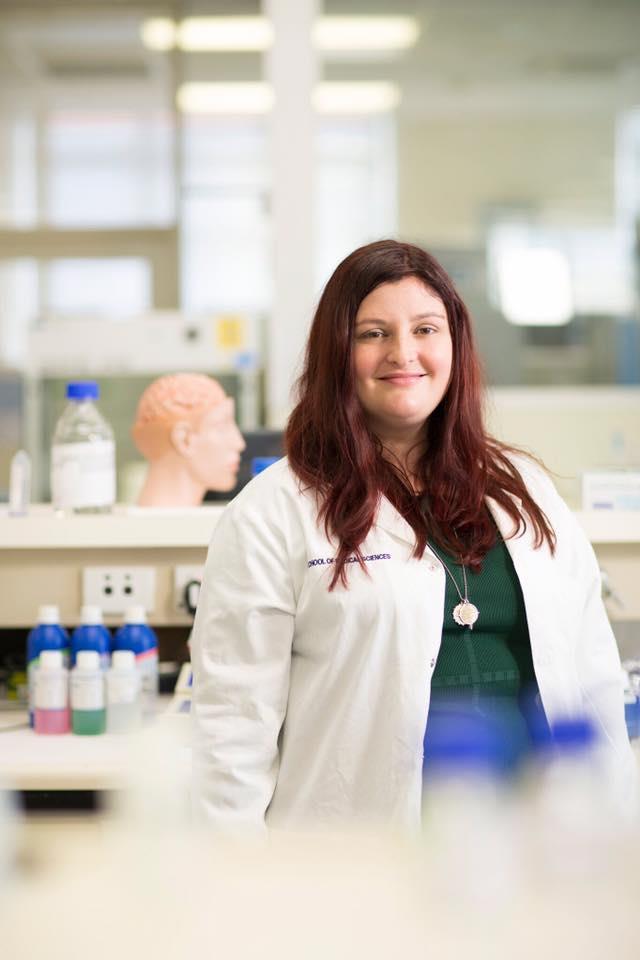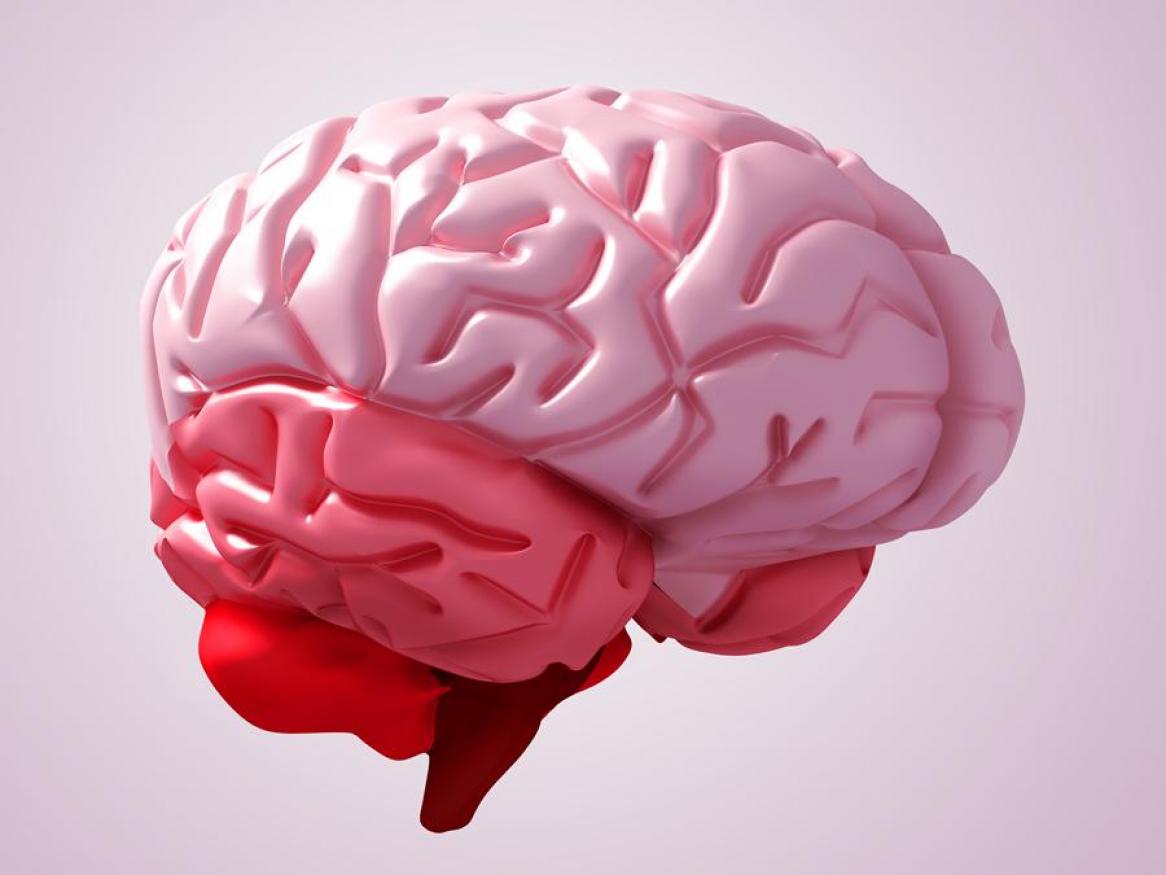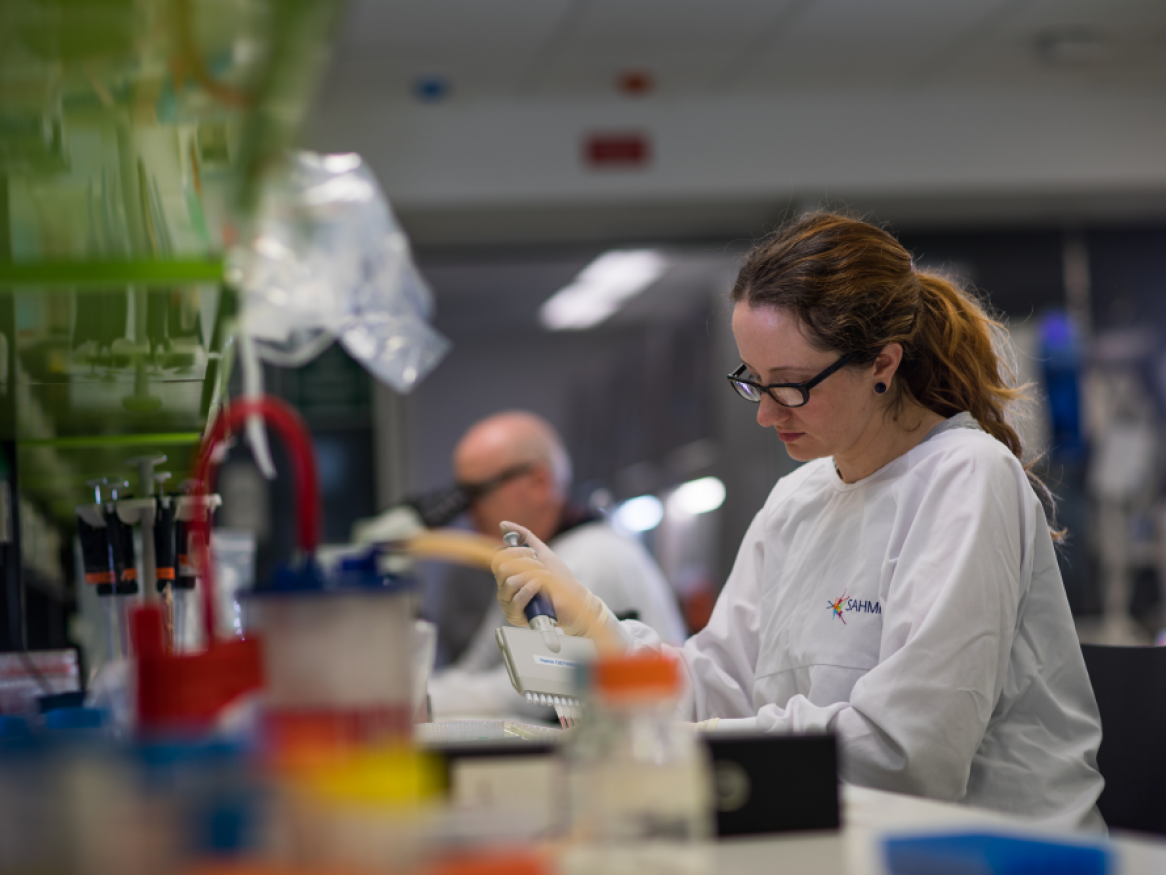Cognition, Ageing and Neurodegenerative Disease Laboratory
We live in a rapidly ageing world. Between now and 2050, the proportion of our population over the age of 85 is expected to quadruple. As the number of older adults continues to grow, so too will the incidence of age-related neurodegenerative diseases, including Alzheimer’s and Parkinson’s.
The Cognition, Ageing and Neurodegenerative Disease Laboratory (CANDL) aims to identify the neural mechanisms that predict the risk of neurodegenerative disease development, in order to develop earlier, more effective treatment strategies.
We believe that such a complex research question requires equally multifaceted research solutions. With this in mind, we take a truly translational approach to our work, combining techniques drawn from molecular biology, biochemistry, neuroimaging and both behavioural and cognitive neuroscience. This innovative “dish to deathbed” approach allows us to investigate our questions on a variety of levels – from pre-clinical studies in cell culture and animal models of disease to clinical investigations in patient populations and assessment of post-mortem brain tissue.
Current projects include:
- Prediction of risk of Parkinson’s disease development following either a traumatic brain injury or expression of prodromal symptoms
- Assessment of decision-making change in healthy ageing, Parkinson’s disease and under stress-inducing conditions
- Investigation of the role of inflammation in driving the pathological spread of misfolded proteins in Parkinson’s and Alzheimer’s disease
- Probing of neural mechanisms that drive secondary neurodegeneration following stroke or traumatic brain injury
- Development of novel nanomedicine-based approaches for the treatment of neurodegenerative disease.
Please contact us for more information about current HDR or collaboration opportunities.
Interested in a postgraduate research degree?
We offer exciting opportunities for researchers at the honours, masters and PhD levels. Our research degrees are open to students from a broad range of backgrounds, and range from basic sciences to clinical research. If you are interested in human health, consider furthering your research career with us.




